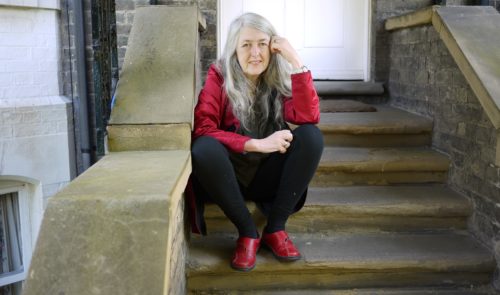
Research has helped the government in the UK and Australia improve efficiency and make public services more citizen-led through digital transformation.
The decade-long project by Mark Thompson at Cambridge Judge Business School has been in collaboration with researchers at the University of Surrey, London School of Economics and Bath Spa University.
In particular, the research explained the value of a platform approach, which disaggregates vertical business logics in government into horizontal processes and functions, and approaches back-end processes as LEGO building blocks. This makes it possible to identify common building blocks across government through which to implement digital reforms efficiently and effectively. Working with the UK government’s digital strategy, Thompson and colleagues showed how this approach helped to identify what ‘LEGO’ building blocks can be outsourced and where specialist requirements should be maintained.
Building from a public-facing manifesto, Thompson led on efforts to bring the research to policy, playing a pivotal role in engaging local, devolved and national government to facilitate uptake of the research in strategy and implementation. As a result, the work became a key part of the digital strategy of UK and Scottish governments, and influenced how local authorities chose to enact digital reforms.
At the local level, one council’s digital programme delivered an estimated saving of £190,000 between 2016/17 and 2018/19 and enabled cost savings of £20,000 a year on software spend in waste management.
The research was also the driver behind the creation of an open-source digital library for councils, which has enabled more than 100 local councils to share digital resources, improving efficiency and quality of services for remote and/or under-resourced councils in the UK and Australia.
“Mark’s thinking has changed the way we teach our senior policymakers to conceptualise, design, and deliver digitally-enabled public services.”
– HM Government National Technology adviser


